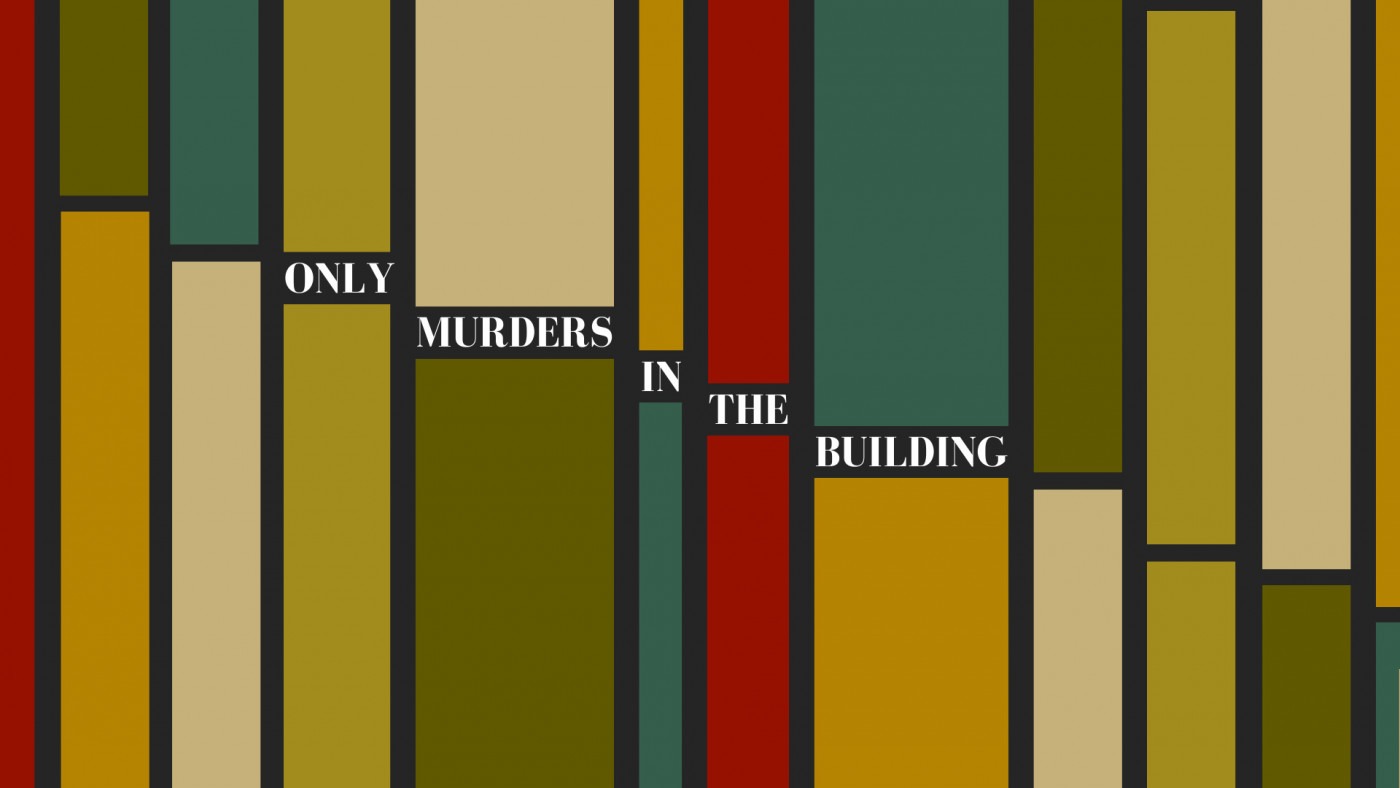Only Murders in the Building: is the building now overpopulated?
Only Murders in the Building strikes again with a dazzling cast for its third season, and after a tense finale, there’s much to be addressed. Firstly, I recommend watching this latest season before reading any further; and if you are still yet to watch the show at all, I would question why that is.
We’ve jumped ahead one year for the latest murder instalment, and after two back-to-back mysteries, a year-long time jump felt more plausible, elevating the level of mystery by taking time to incorporate flashbacks into the main narrative without feeling rushed. I also must appreciate the show cheekily insisting on sticking to “only murders in the building” after teasing a departure from the murderous location.
It’s impossible not to take issue with them being marketed as big roles only to turn up on the odd occasion
This time around its (mostly) glitz and glamour with the mystery being rooted in Oliver’s attempts to return to theatre. His bizarre production of a play called Death Rattle plays host to all crimes and mysteries, starting with how the production got greenlit (that didn’t get solved?). Having a new list of suspects is refreshing, yet I missed the constant of the neighbours and residence team. This choice was probably for the best because the show seems to be struggling with an overcrowding problem.
As nice a surprise it is to see Paul Rudd and Meryl Streep join the cast, it’s impossible not to take issue with them being marketed as big roles only to turn up on the odd occasion. Obviously, their performances were great to watch; they both take to their roles incredibly, and they demonstrate great chemistry with the cast. However, it’s almost comical when Streep’s character Loretta is set out to be a prime suspect while being nowhere to be seen.
The storytelling fell a bit flat. It just didn’t sing
They’re certainly not the only offenders. There’s a running theme this season of prime suspects—including many of Oliver’s cast and crew– dipping in and out of the show, and its jarring to say the least. Supposed main characters disappearing each episode is its own mystery, making it harder to invest in the actual mystery at the core of the show. How can you stay engaged in solving the murder with the main trio when half the suspects are absent at any given time? The concept for this story was fascinating, but sadly with the lack of character commitment, the storytelling fell a bit flat. It just didn’t sing.
With that being said, the new characters were interesting enough when they showed up, and it was fun seeing recurring characters appear. It was also interesting to see each of our main trio have so much time dedicated to their individual stories. Complications between the three were sad to watch, largely resultant of Charles’ grappling with anxiety and Oliver’s decision to prioritise his show over getting justice for Ben. While it was frustrating, it felt like a natural progression for the characters; their conflicts didn’t feel contrived. I felt that the age gap hit harder this season, and it’s impossible not to sympathise with Mabel when she suffers most from the fracturing friendship. I was frustrated for her whenever she wasn’t taken seriously, both during the attempted investigation and while trying to maintain a relationship.
I was relieved after the trio reunited and were piecing together the events leading up to the murder. I had missed their chemistry, and I loved the visuals for unravelling the events. The entire finale was gripping. Though I had figured out the murderer, it was enthralling to see how it unfolded. There was also the stress of trying to gauge whether a fourth season was on the horizon (or, whether there would be another death).
Season Three is undoubtedly more isolated, but there’s no inherent issue with that
I was conflicted about the romance plotlines this season. Each of the trio dabbled in interesting relationships. Oliver’s dating ventures were adorable, Mabel met her match, and I liked how Charles was left having to confront his flaws and fears. However, it was too distracting; they felt mostly contrived to make you contemplate whether a Jan 2.0 were among them, and it felt unnecessary.
Overall, season two felt like a big departure from the previous two, which can be understood by reflecting on how well the first two seasons complimented each other and how many of season two’s finer details were established in the first ever episodes. Season three is undoubtedly more isolated, but there’s no inherent issue with that – in fact I personally liked it – and setting itself apart allowed for more flexibility. Sadly, I think there were more hiccups this time around, making it less engaging. However, despite all my complaints, I still very much enjoyed it and will continue to recommend it.

Comments